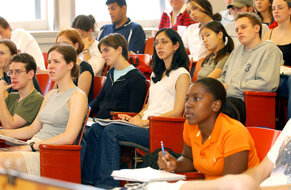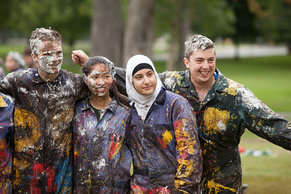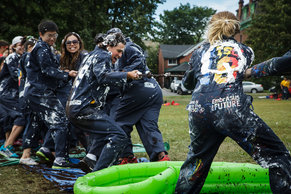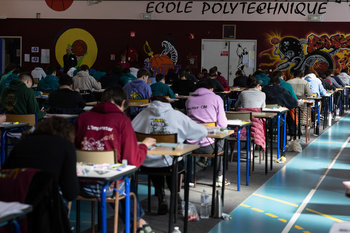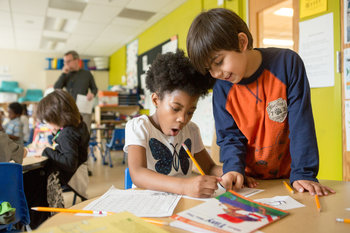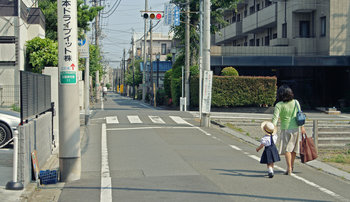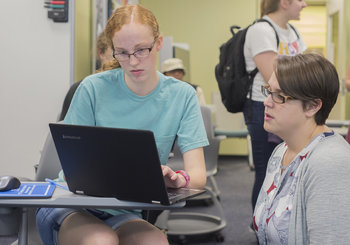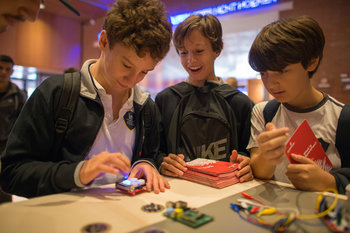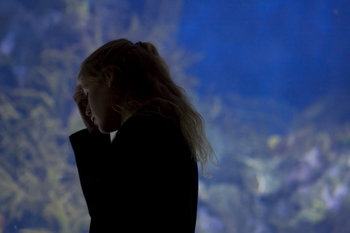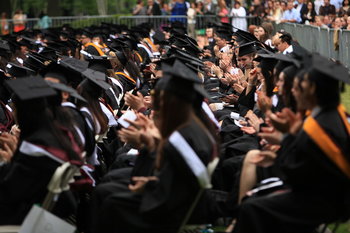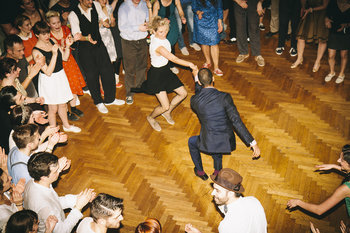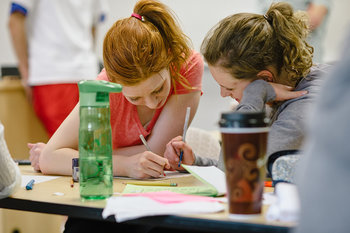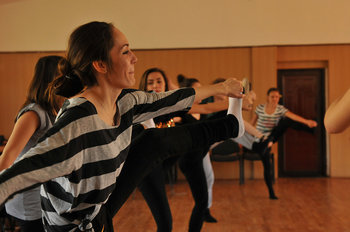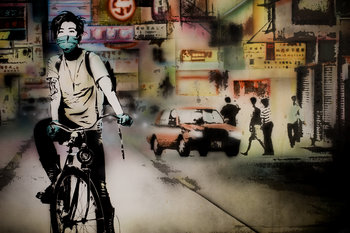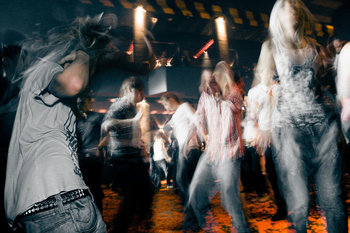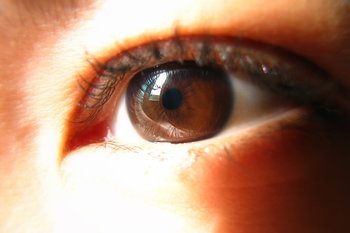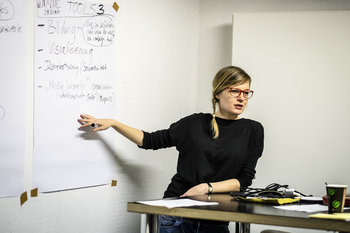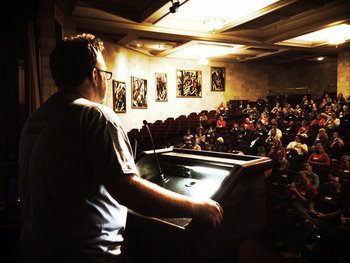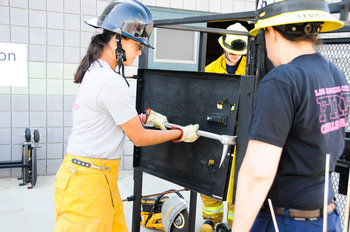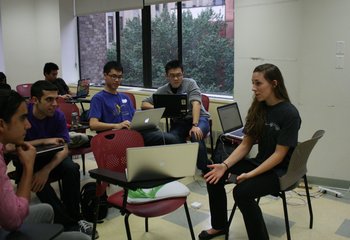Abilities | Act Local |
Adaptability | Agents of Change |
Art for Art's Sake | Attention to Detail |
Big Picture Thinking | Challenging Assumptions |
Character | Civility |
Communication Skills | Community Engagement |
Competencies | Composition |
Comradery | Connectedness |
Craft | Creative Tension |
Creativity | Critical Thinking |
Cultural Capital | Culture |
Debate | Decision Making |
Design Thinking | Diversity |
Employability | Entrepreneurship |
Epic Meaning | Experience |
Experimentation | Free Speech |
Freedom | Fun |
Health & Safety | Imagination |
Improvisation | Independent Thinking |
Innovation | Integrity |
Intellectual Courage | Know-how |
Knowledge | Leadership |
Learning to Learn | Management Skills |
Mastery | Moral Courage |
Negotiation Skills | Peak Experiences |
Persistence | Personal Presence |
Personal Resilience | Physical Fitness |
Play | Problem Solving |
Professional Certification | Rational Thought |
Refinement | Reflective Thinking |
Relational Capital | Research |
Self-Direction | Self-Esteem |
Shared Experiences | Skills |
Social Connections | Social Skills |
Socialization | Spirituality |
Storytelling | Strategic Thinking |
Sustainability | Systems Thinking |
Talent | Think Global |
Time Management | Tolerance for Ambiguity |
Tolerance for Disagreement | Tradition |
Unlearning | Values |
Critical Thinking vs Indoctrination
Schools may either encourage students to bravely challenge ideas or attempt to indoctrinate them with "correct" thinking, behavior and speech.Tradition vs Revolution
A school may be aligned to continuing or overthrowing traditions. Alternatively, it may be neutral as in the case of schools based on critical thinking.Safety vs Risk Taking
Schools may seek to heavily protect students or may encourage calculated risk taking that builds personal resilience. For example, many sports have risks but are also viewed as important experiences that can build character, competitive spirit and a sense of teamwork and accomplishment.Freedom vs Harmony
Schools may embrace freedom such as free speech or may enforce strict rules and controls in the name of group harmony. The later approach may create trained incapacity whereby an individual can't function above the level of groupthink or strict rules & regulations.Learning vs Politics
Schools may be viewed as places of ideas that are independent from politics. Alternatively, they may be viewed as infrastructure for political change often aligned to a particular agenda. For example, the goals of schools commonly mention "improving" the world.Cultivation of the Individual vs Human Capital
Schools may aim to cultivate the individual to help them realize and refine talents. Alternatively, they may aim to produce standardized human capital for a particular role in the economy.Elitist vs Egalitarian
Schools may aim to provide an environment that allows an elite to separate themselves from anyone who lacks their cultural capital. Alternatively, they may aim to serve a need for learning by teaching students regardless of their social status.| Overview: Education Goals | ||
Type | ||
Definition | The aim or purpose of an education system, school, program, teacher or student. | |
Related Concepts | ||

